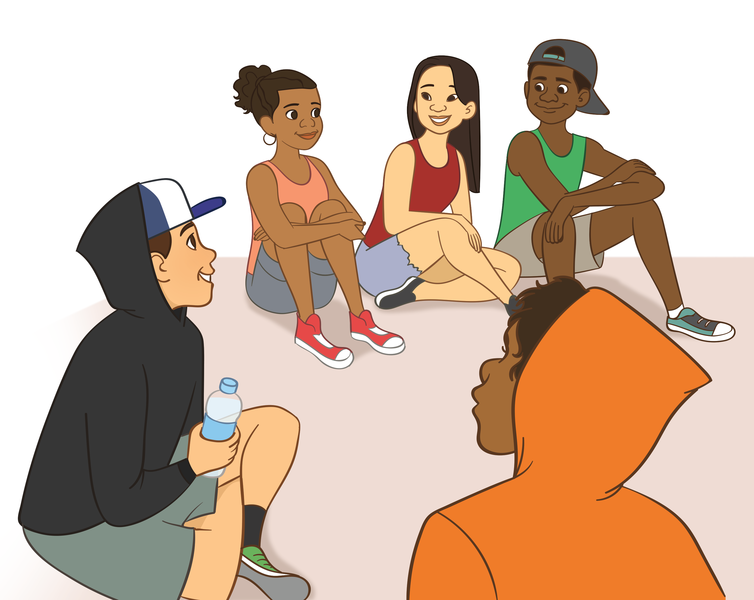
- You can try to start yarning by asking questions like "What do you and your friends think about people your age having sex?"
- Having sex for the wrong reasons can make you feel disappointed, lonely, sad, used or unloved. Having sex when you are ready is more enjoyable.
- A young person might know that they are ready for sex when they:
- are over 16
- know how to stay safe from sexually transmissible infections by using condoms
- feel right about having sex
- feel comfortable with the person they want to have sex with
- know that they can say no, and that would be okay, but still want to do it
- don't feel forced
- don't feel scared (being a bit nervous is usually normal)
- care for the other person and the other person cares for them
- aren't doing it to be popular
- aren't doing it to make someone love them
- aren't doing it to stop the other person from leaving them
- are ready for a baby or know how to stop getting pregnant if they don't want a baby.
It is important that your kids know that any kind of touching in a sexual sort of way is against the law if either person is under 16 years of age, or doesn't want it to happen or changes their mind. Read more in the pamphlet What the law says about sex (external site).


